MSc Criminal Justice Policy candidate, Gabriella Saad Azevedo, and MSc Environment and Development candidate, Júlia Bussab Fonseca, collaborate in this article which looks at how Jair Messias Bolsonaro’s policies are undermining basic human rights in Brazil.
In 2018, Jair Messias Bolsonaro was elected President of Brazil with an authoritarian discourse that often incited violence and undermined respect for basic human rights, especially those of ethnic minorities and the LGBTQ community. During one of his campaign speeches, he stated: “We will make Brazil a country for majorities. Minorities must bow to majorities. The Law should exist to defend majorities and minorities must conform to that or simply disappear”. Many of his supporters believed at the time that the rhetoric against environmental regulations, gun control, abortion, affirmative actions and same-sex marriage was only a populist way of winning the presidential campaign. Yet, the policies implemented during the first year of Bolsonaro’s mandate say otherwise.
One of these policies was recently questioned before the United Nations. The Presidential Decree No 9.831, published in June 2019, was used by Bolsonaro to sack all eleven members of the country’s National Preventive Mechanism Against Torture (NPM). The NPM was created in 2013 by Federal Law No. 12.847 after Brazil ratified the Optional Protocol to the United Nations Convention Against Torture (OPCAT). The specialised body’s main function was to inspect detention conditions in places where people are deprived of their liberty (prisons, police stations and psychiatric hospitals) and thus reduce the risks of torture and other ill-treatment against detainees. In practice, Bolsonaro’s policy deprived the NPM of its human resources, making it impossible for the body to continue pursuing the objectives of the OPCAT treaty. The measure deeply concerned the UN Subcommittee on Prevention of Torture and, according to other 19 Latin American States Parties, “[it] places Brazil at fault with the international community“.

The attack against national and international mechanisms to prevent torture, coupled with Bolsonaro’s call for more lethal force and fewer gun control laws, has legitimised an increase in the use of violence by the military police, responsible for patrolling at the state level. As a result, the historical record of violent deaths caused by the police was surpassed in 2019, with a whopping 30% increase rate in Rio de Janeiro. The majority of people killed were black and poor, among them a great number of innocents, including children and teenagers. Moreover, the president’s attempt to celebrate the 1964 military coup, explicitly praising the dictatorship and its practices, deeply affected the victims.
In 2019, the promulgation of the Amnesty Law (Federal Law No 6.683) completed 40 years in Brazil. This law is an important milestone for the post-military democratic process of the country, as it allowed the reincorporation of thousands of banished and persecuted Brazilians into public life. However, this law has been particularly neglected for the past decades, and it seems unlikely that Bolsonaro’s government is going to improve that through dictatorial nostalgia and praise of torture. “The Amnesty Law must be remembered and celebrated to keep alive the memories of people that were tortured, raped and murdered during the dark times of dictatorship. By undermining the horrors of torture as the sadic sessions I experienced myself when I was the age of 21, the president exalts torture as a systematic means to combat ideas contrary to those that are ruling the power” states Sergio Azevedo Fonseca, prison inmate who witnessed the murder of Vladimir Herzog, a famous journalist killed during a torture session in 1975.
Brazilian lawyers and human rights collectives are also requesting the International Criminal Court (ICC) to open an investigation against Bolsonaro. They affirm the President is inciting genocide against indigenous people in the country. Since the beginning of his campaign and throughout 2019, Bolsonaro made clear his intentions to open up indigenous reserves to mining companies and other forms of natural resources exploitation. Even though the Brazilian Constitution provides, in its article 231, the right of indigenous people to the territories they traditionally occupy, Bolsonaro has said the land demarcation process is “unjustifiable”, comparing indigenous people to animals kept in zoos. The prosecutor’s office at the ICC will now analyse 33 comments and decisions of the president, deciding whether or not to request authorisation for an indictment.
The President determined the dismissal of 21 out of the 27 IBAMA superintendents (Brazilian Institute of Environment and Renewable Natural Resources), and neither tried to hide his intent to weaken FUNAI (National Indigenous Foundation), the agency responsible for protecting the interests and culture of more than 300 indigenous tribes. As a consequence, the number of indigenous people that were murdered by illegal loggers, miners and land grabbers in 2019 climbed to its highest rate in 11 years. At least 7 indigenous leaders in the Amazon Rainforest were violently killed in 2019, while only 2 leaders were murdered in 2018 in the same region. The Guajajara tribe lost 3 warriors this year. The Munduruku leaders, known for leading brave outrages against large hydropower plants in the Amazon and illegal activities such as mining, logging, and land grabbing, are appealing for international organisations to request a state-protection as their life and communities are often under invasions and threats. Not to mention the constant attacks against the professionals responsible for monitoring and protecting the indigenous territories.
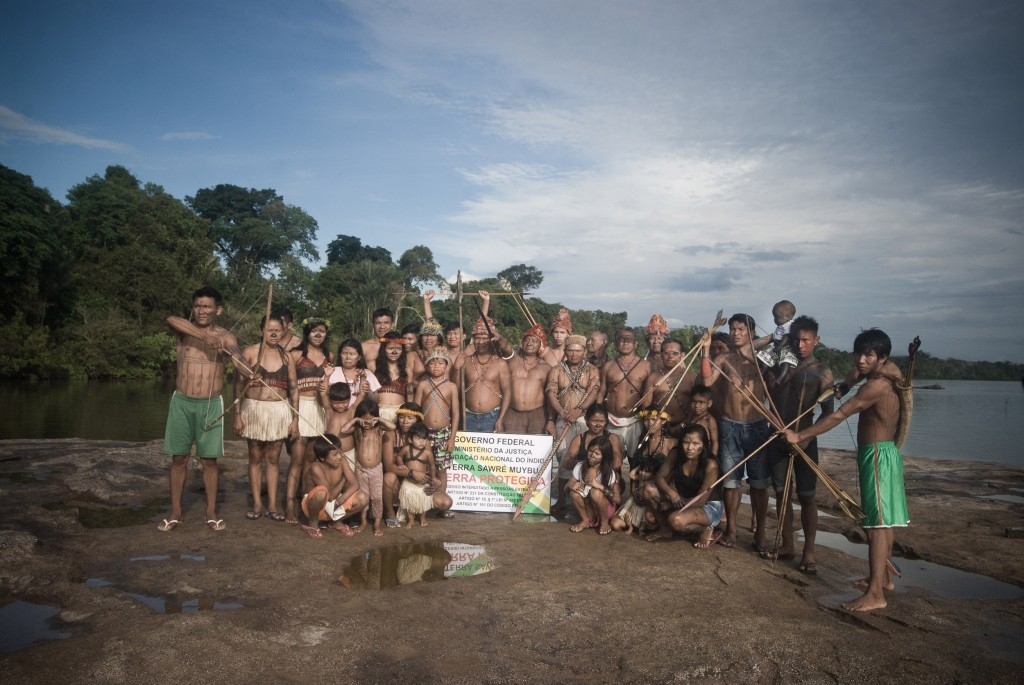
In sum, Bolsonaro’s discourse and practices are clearly triggering land conflicts in the Amazon Rainforest. Although violence against environmentalists and indigenous people has always been a reality in the Amazon, previous governments at least attempted to fulfil the 1988 Constitution’s wish to protect the rights of these people. Under Bolsonaro’s administration, illegal activities that harm the forest are legitimised and empowered, while local communities are losing the few protection mechanisms they had before.
Overall, it seems that the protection of minorities’ human rights is not a priority in Bolsonaro’s agenda. The situation is particularly concerning when it comes to the rights of indigenous people, the use of lethal force by the police and the change in torture prevention policy. These current policies represent a serious setback for the Brazilian society and the country’s image before the international community.
We would like to thank the Professor Sergio Azevedo Fonseca from the Public Administration department at the Universidade Estadual Paulista (UNESP) for his meaningful insights and testimonials.
Gabriella Saad Azevedo is an MSc candidate Criminal Justice Policy at the LSE and a Lawyer graduated at the University Positivo (UP), in Brazil. She is specialised in Criminal Law and Criminology at the Brazilian Institute of Criminology and Criminal Policy (ICPC).
Júlia Bussab Fonseca is an MSc candidate Environment and Development at the LSE and an Engineer graduated at the University of São Paulo (USP), in Brazil. She has an extensive work experience with indigenous communities in the Amazon Rainforest.
The views expressed in this post are those of the author and in no way reflect those of the International Development LSE blog or the London School of Economics and Political Science.


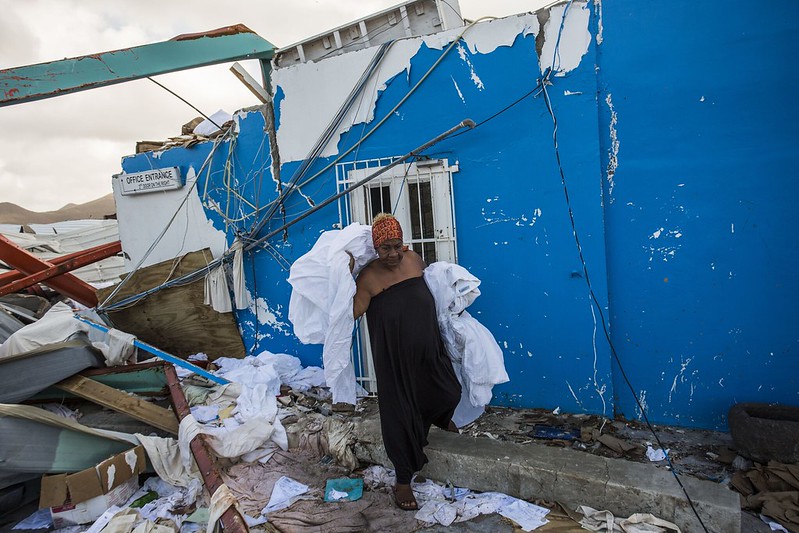
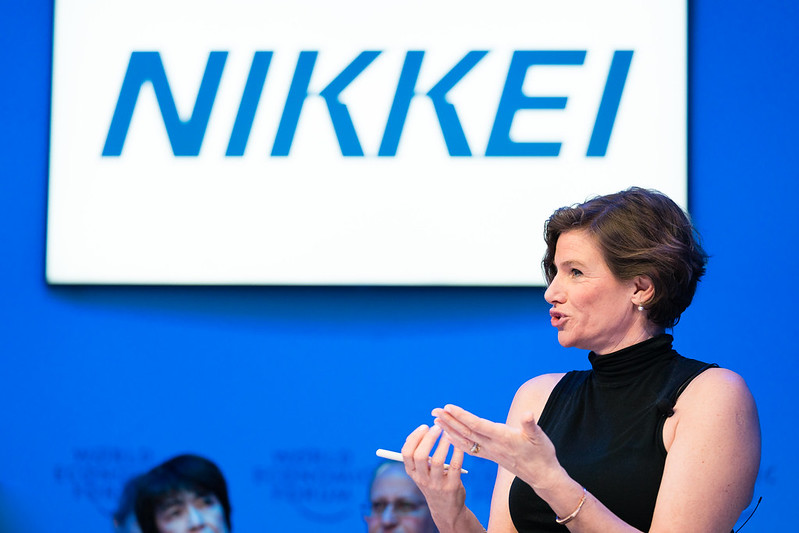
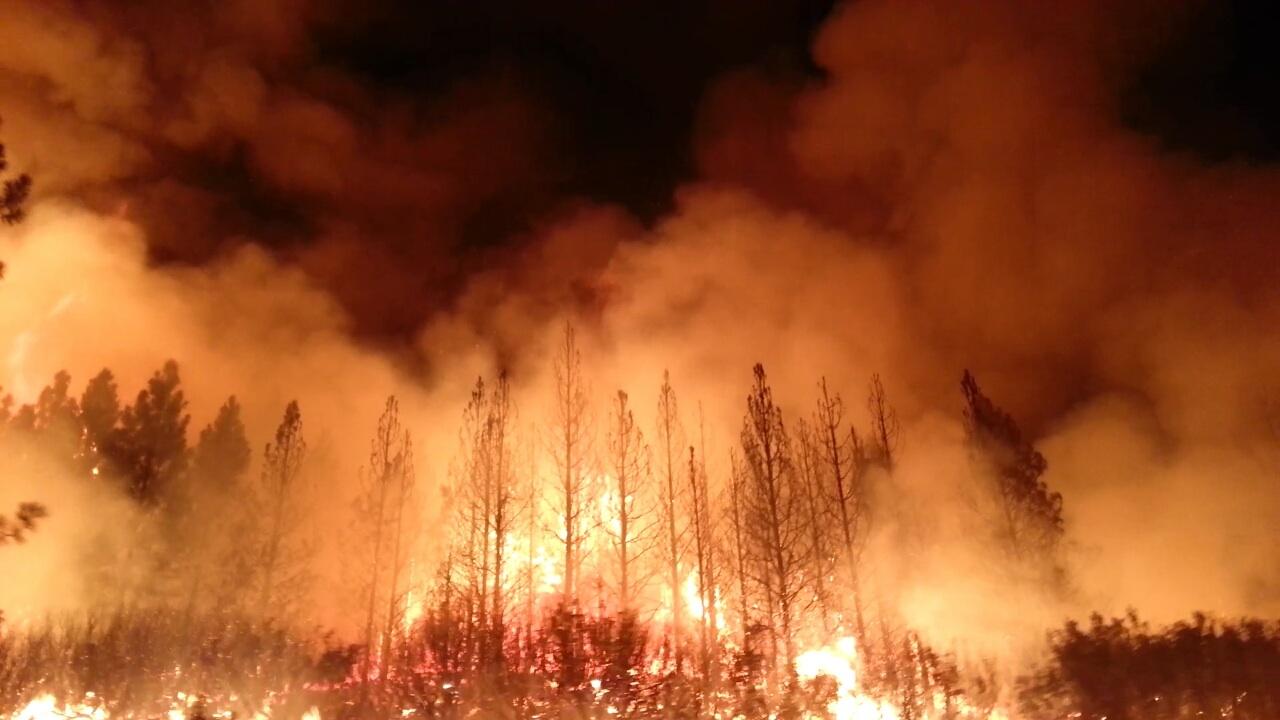
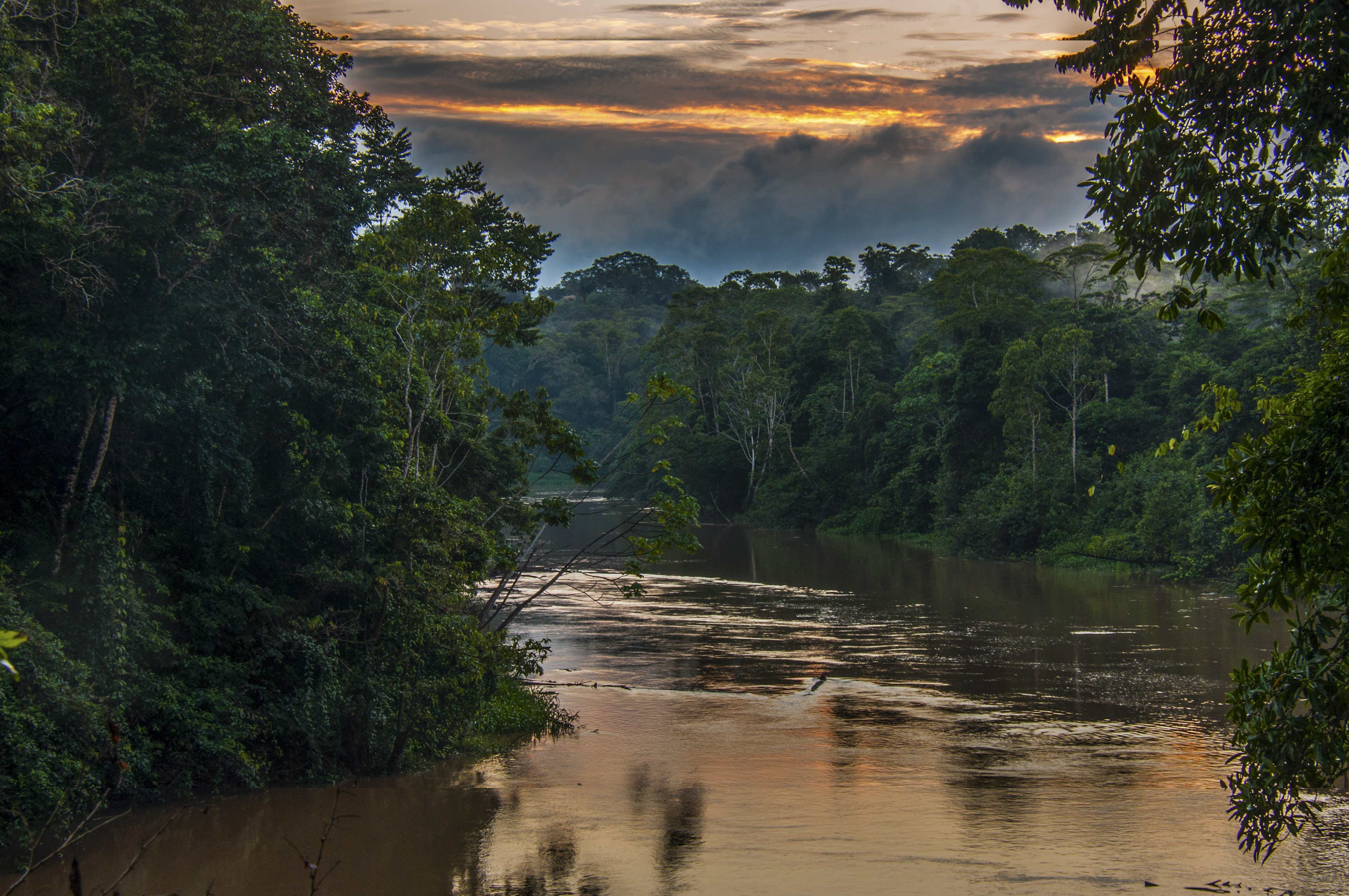
Thank you for bringing this forward ! The international community/academia must understand what kind of government we are dealing now in Brazil so we can develop improved strategies to work together against all these atrocities and the ones yet to come. Best, Debora (Dev Mng, 2016/2017)
Hi Debora,
Thank you very much for your comment. In fact, our main goal with this post is to create an international awareness over the dismantling of Human Rights policies in Brazil. Hope we can spread this message and create a global effort against those atrocities. Best, Júlia